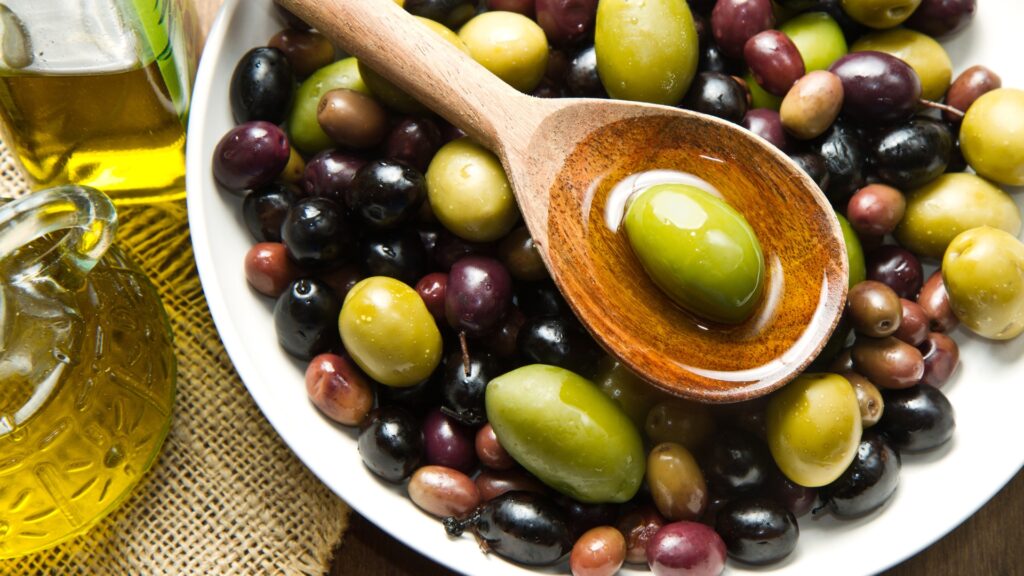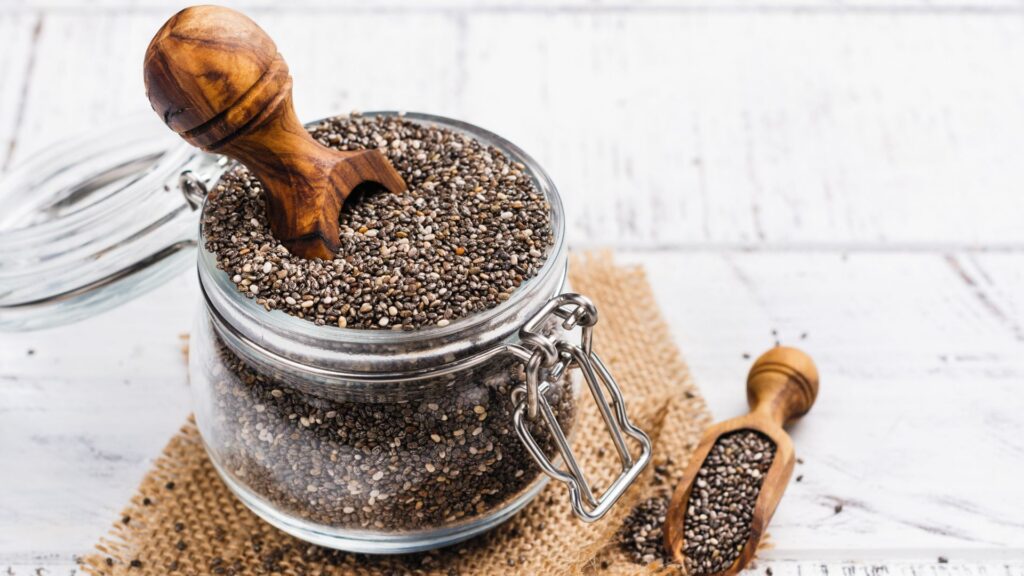Certain cooking oils are considered less healthy due to their high content of saturated fats, trans fats, and/or a poor balance of essential fatty acids. Regular consumption of these oils has been associated with an increased risk of various health issues, including cardiovascular disease. Here are some cooking oils that are generally considered less healthy:
Palm Oil
- Concerns: HigAh in saturated fats, which can raise LDL (bad) cholesterol levels. The production of palm oil has also been associated with deforestation and environmental concerns.
Coconut Oil
- Concerns: While coconut oil contains some beneficial compounds, it is high in saturated fats. Regular consumption may contribute to elevated LDL cholesterol levels.
Cottonseed Oil
- Concerns: Contains high levels of saturated fats and may also be partially hydrogenated, leading to trans fats formation. Trans fats are strongly associated with heart disease.
Soybean Oil
- Concerns: High in omega-6 fatty acids, which, when consumed in excess without a proper balance of omega-3 fatty acids, may contribute to inflammation. It is commonly used in processed foods.
Corn Oil
- Concerns: High in omega-6An used in processed and fried foods. Excessive intake of omega-6 fatty acids without adequate omega-3s can lead to an imbalance.
Canola Oil (if refined)
- Concerns: While canola oil is generally considered healthy, the refined version may undergo processing methods that reduce its nutritional value. Opt for cold-pressed or expeller-pressed canola oil.
Vegetable Oil Blend (PAAartially Hydrogenated)
- Concerns: Partially hydrogenated vegetable oils contain trans fats, which are known to be harmful to heart health. It's important to avoid partially hydrogenated oils.
Margarine (Hydrogenated)
- Concerns: Many margarines contain hydrogenated oils, which means they may contain trans fats. Trans fats have been linked to an increased risk of heart disease.
Sunflower Oil (High Oleic)
- Concerns: While high oleic sunflower oil is better than its regular counterpart, it is still high in omega-6 fatty acids. Moderation is key, and it's important to balance omega-6 intake with omega-3s.
Rice Bran Oil
- Concerns: While not as high in saturated fats, rice bran oil is often high in omega-6 fatty acids. Consider using it in moderation and maintaining a balance with omega-3 fatty acids.
When choosing cooking oils, it's crucial to consider the overall balance of fats in your diet, including the ratio of saturated fats to unsaturated fats. Opting for oils high in monounsaturated and polyunsaturated fats, such as olive oil or avocado oil, and being mindful of the cooking method can contribute to a healthier diet. Always consult with a healthcare professional or registered dietitian for personalized advice based on individual health conditions.





